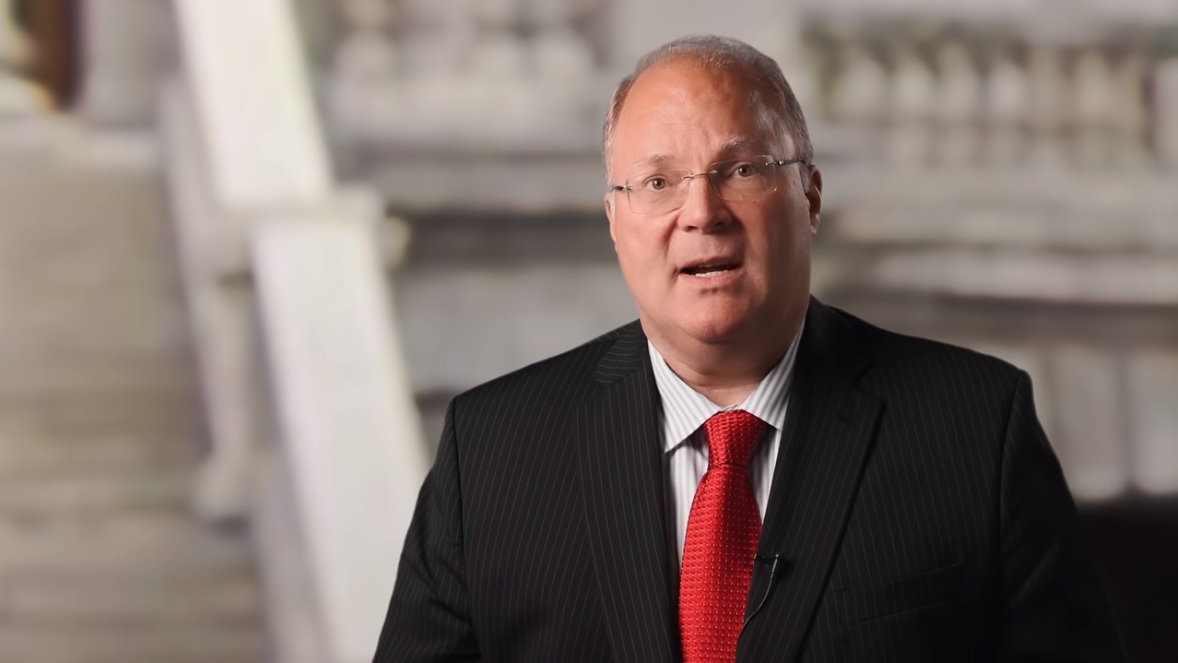Politics
Election lawsuit targeting Wisconsin mayors delayed

MADISON, Wis. (AP) — A judge on Friday delayed until at least next month any action in a lawsuit that seeks to force the mayors of Madison and Green Bay to face jail or sit for depositions with the attorney hired by Republicans to investigate the 2020 election.
Waukesha County Circuit Judge Ralph Ramirez set the next hearing in the case after a Dane County judge hears arguments in a separate case filed by Democratic Attorney General Josh Kaul.
A ruling in that case would likely affect the lawsuit targeting the mayors, leading the judge on Friday to delay any action until after that Dec. 23 hearing. Attorneys for the mayors and Michael Gableman, the lead investigator, did not object to the delay.
Kaul argues that the subpoenas issued to state elections officials as overly broad, unenforceable and illegal because the attorney hired by Republicans wants to conduct the interviews in private, not before a legislative committee in an open hearing.
Gableman was hired by Republican Assembly Speaker Robin Vos and has a budget of nearly $680,000 in taxpayer money.
Democrats decry the investigation as a sham given that some of those hired by Gableman worked in the administration of former President Donald Trump or have supported conspiracy theories about the 2020 election.
Vos and Republicans defend the probe, saying they are trying to address issues raised by voters and others about procedures in place, and private grant money awarded to heavily Democratic cities, during the election.
Gableman and his attorney asked a judge last week to consider jailing the Madison and Green Bay mayors if they did not sit for depositions related to the probe. Attorneys for Madison Mayor Satya Rhodes-Conway and Green Bay Mayor Erich Genrich said Gableman’s claims are without merit.
Genrich’s attorney Jeffrey Mandell said he planned to pursue legal sanctions against Gableman. Rhodes-Conway’s attorney Michael Haas said Gableman’s threat to jail the mayor for noncompliance was “unprofessional, an abuse of process, and a bad-faith effort to publicly harass local officials with no legal basis.”
At Friday’s hearing, the mayors’ attorneys again strongly objected to Gableman’s claims that the mayors failed to appear as ordered.
Attorneys for both mayors said their offices had been in touch with Gableman in October and the understanding was that Gableman was not seeking interviews immediately with Genrich or Rhodes-Conway. Both mayors said Gableman had not provided any exact date for them to sit for a deposition.
Kevin Scott, Gableman’s attorney, argued that the mayors failed to appear.
“I did not dream up our understanding,” Haas said in explaining why Rhodes-Conway did not appear. “That was based on conversations with the special counsel’s office.”
Rhodes-Conway has repeatedly said she would provide testimony publicly, but not behind closed doors as Gableman wants.
Mandell argued that Gableman filed the wrong kind of lawsuit and in the wrong court. Ramirez told Gableman’s attorney to be prepared to explain his reasoning at the next hearing on Jan. 21.
The hearing in Kaul’s lawsuit attempting to block the subpoenas issued to the elections commission is set for Dec. 23 in Dane County. The Gableman lawsuit is in Waukesha County because that’s where his office is located.
Gableman’s investigation is focusing largely on $8.8 million in grants given to the state’s five largest cities, including Madison and Green Bay, to help run the 2020 presidential election. The money came from the Mark Zuckerberg-funded Center for Tech and Civic Life and was part of $350 million it gave to communities in 49 states. More than 200 communities in Wisconsin received funding, but the vast majority went to Milwaukee, Madison, Green Bay, Racine and Kenosha.
Gableman wants to interview the mayors to discuss how that funding was used.
Multiple courts and the state elections commission have repeatedly determined that the grants were legal, but Republicans argue it was unfair because so much money went to cities with large Democratic populations.
President Joe Biden beat Trump by nearly 21,000 votes in Wisconsin, an outcome that has withstood recounts and lawsuits. False claims of widespread fraud have not been proven, with just five people out of more than 3 million who cast ballots in 2020 charged with election fraud.

